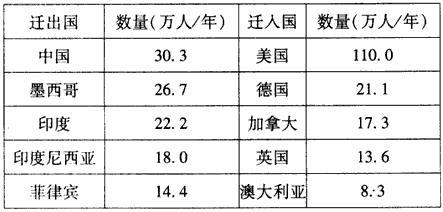第二节完形填空(共20小题,每小题1.5分,满分30分)
阅读下面短文,从短文后各题所给的四个选项(A、B、C、D)中,选出可以填入空白处的最佳选项。
Mobile phones are everywhere. It seems that no one can 31 without one. Mobile phones are a great way to stay 32 with friends and family. 33 it is important to remember that there are certain 34 when you should not be using your phone, the most important of these being during 35
There is no reason 36 you should feel the need to have your mobile phone during class. Aren't you at school to 37 ? If you are in class, you should not be 38 your friends text messages or taking phone calls.
In America students would never be 39 to use their mobile phones during class. If you were to send or 40 a text message you would probably be kicked out of class. It is OK to have your mobile phone with you, you just need to remember to turn it 41 . It is very disturbing to hear a lot of tones and 42 during class.
As a teacher in China, I have to deal with students 43 mobile phones everyday. I have told my class to turn off their phones, 44 many students do not listen. The desire to be connected all the time seems to be 45 than the desire to learn.
It's easy to understand why it is so tempting(诱惑人的)to have your phone on during class. It seems so 46 to just send a short text message; it's not 47 anyone, is it? But you may actually be hurting yourself when you do this. Sending a text message also 48 your attention away from what's 49 in class, you may miss 50 important. The next time you think about sending a message in class you should think again.
31. A. survive B. act C. study D. peak
32. A. friendly B. close C. connected D. natural
33. A. Instead B. However C. Sometimes D. Finally
34. A. times B. days C. hours D. weeks
35. A. shopping B. meeting C. rest D. school
36. A. when B. that C. why D. where
37. A. play B. learn C. help D. fight
38. A. sending B. writing C. posting D. retaining
39. A. hoped B. wished C. allowed D. encouraged
40. A. keep B. help C. take D. receive
41. A. on B. in C. out D. off
42. A. ringing B. sound C. voice D. shouts
43. A. thinking B. using C. considering D. bringing
44. A. and B. so C. but D. then
45. A. faster B. stronger C. lower D. easier
46. A. cheap B. hard C. easy D. brave
47. A. hurting B. meeting C. knowing D. killing
48. A. pays B. puts C. breaks D. takes
49. A. coming on B. going through C. going on D. coming by
50. A. everything B. something C. anything D. nothing

